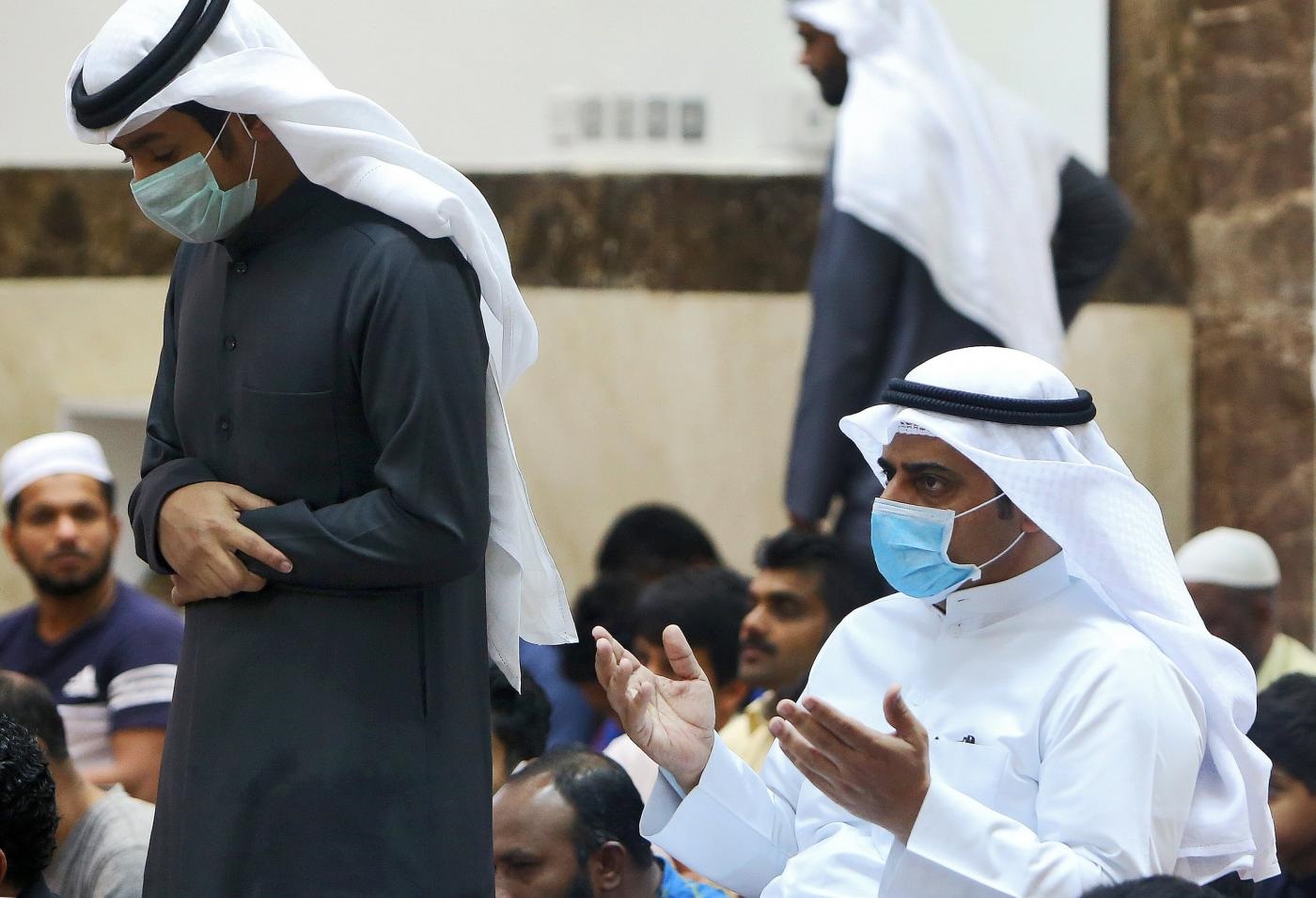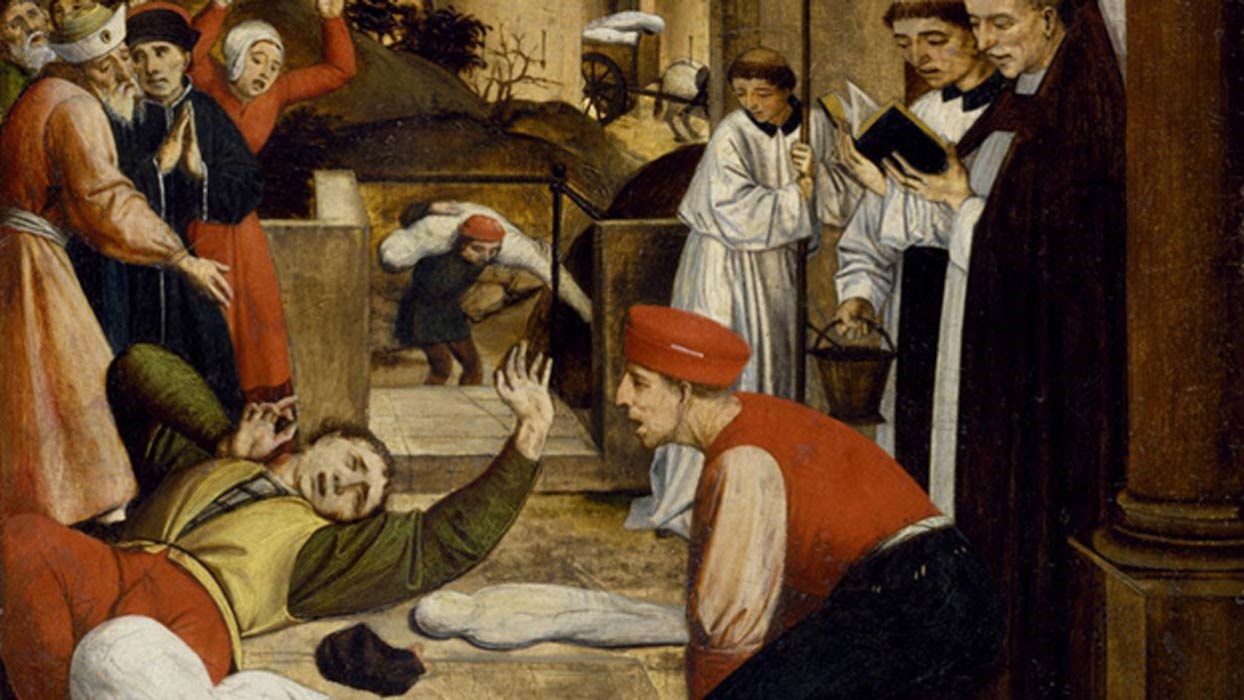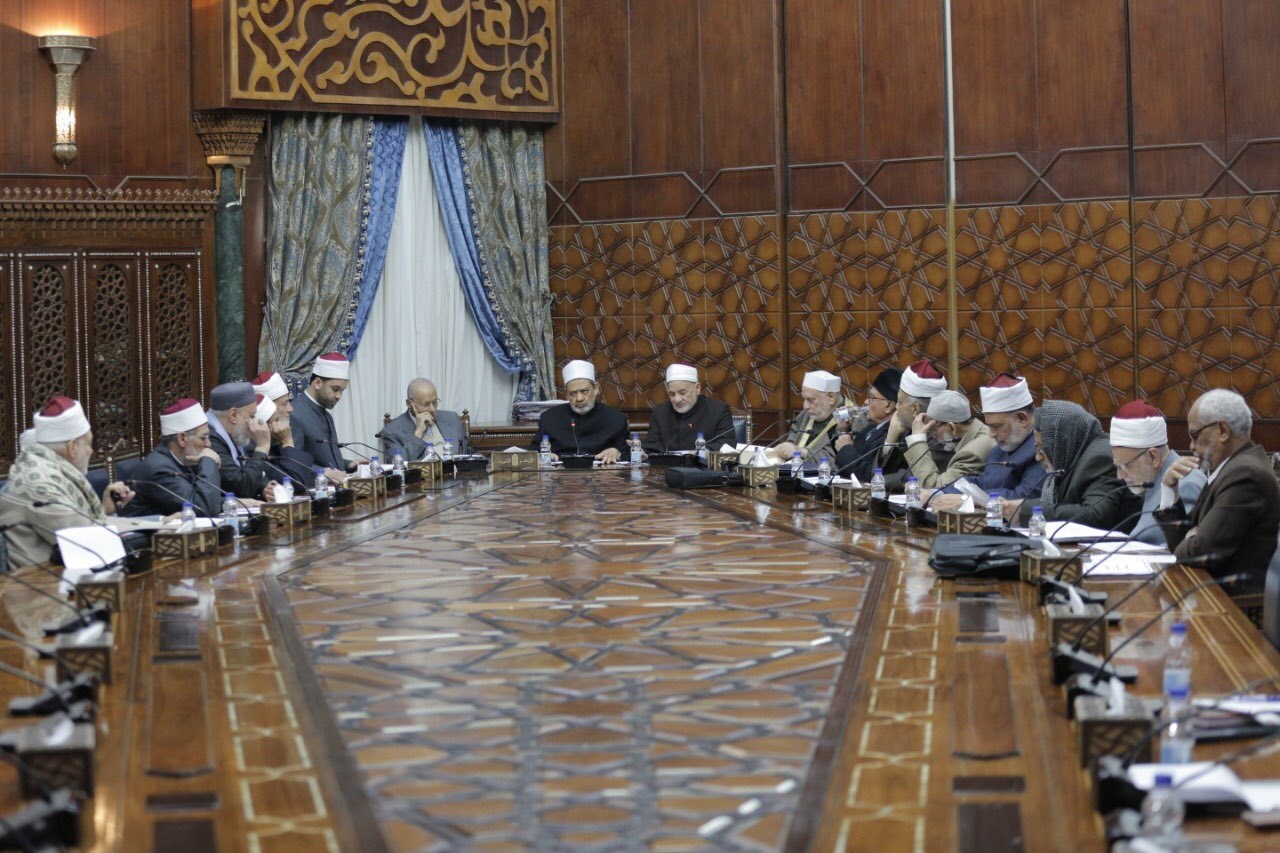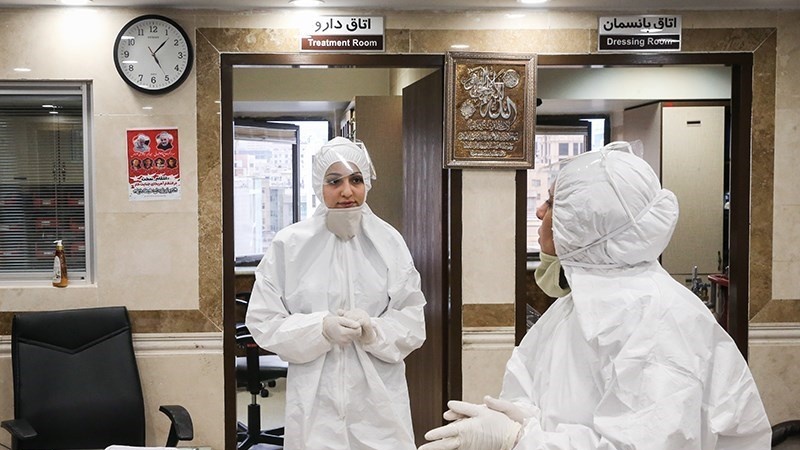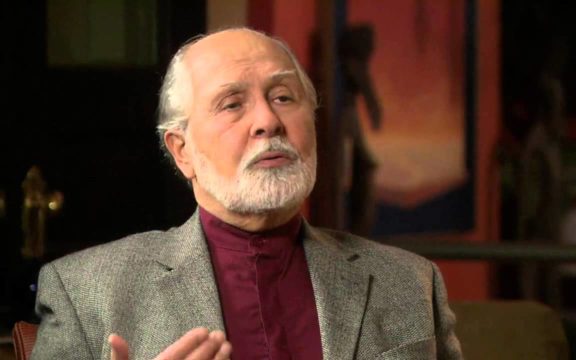Human civilization has known that among the many diseases around them, some of them are infectious disease, transmitting from one person to another. Likewise in the pre-Islamic or early Islamic era when the Prophet Muhammad lived, there were many diseases whose sufferers were stigmatized by the people, and were shunned by fear or disgust.
One of the most popular is leprosy. Leprosy comes from the Indian language of kustha, and has been widely known since the era before Christ. In the books of hadith, such as Shahih al Bukhari for example, there is a separate chapter about leprosy. This disease is called al-Judzam.
The mention of leprosy with al-judzam has existed since pre-Islamic Arabic, based on the symptoms seen in sufferers. (الجذام) judzam comes from the word jadzama – yajdzamu which is equivalent to qatha’a – yaqtha’u (قطع – يقطع), meaning ‘cut’ or ‘truncated’. It is important to know that for advanced leprosy sufferers, there will be a phenomenon of mutilation, in which there are stumped body parts without pain, especially in the hands and feet. From the appearance of these symptoms the word al-judzam originated.
Leprosy was thought back then to be a punishment or a curse from God. In addition to the era of the Prophet Muhammad, many reports of leprosy and other infectious disease occurred in the 11th to 14th centuries in the Mediterranean and European regions, accompanying the phenomenon of the plague or Black Death. Thus noted William Bynum in The History of Medicine: A Very Short Introduction.
Imam al-Bukhari noted the following hadith of the Prophet about the suggestion to stay away from people with leprosy :
فِرَّ مِنَ الْمَجْذُوْمِ كَمَا تَفِرُّ مِنَ اْلأَسَدِ
“Avoid those who are affected by judzam (leprosy), as you flee from the fierce lion” (Narrated by Bukhari)
“as you flee from the fierce lion” is an expression that leprosy is a disease that is quite feared in the lifetime of the Prophet. The Prophet’s command to stay away from lepers seems to have an impact on the fatwa of classical jurisprudence scholars. Among these are the provisions of faskhun nikah (marriage cancellation) if it is known that one of the partners has leprosy. In addition, some scholars mentioned the prohibition of people affected by leprosy from participating in Friday prayers or praying in congregation at the mosque.
The Prophet Muhammad himself – to the author’s knowledge – did not mention the treatment of the infectious disease leprosy. However, the Prophet taught a special prayer regarding this leprosy :
عن أنس – رضي الله عنه – : أنَّ النبيَّ – صلى الله عليه وسلم – كَانَ يقول : “ اللَّهُمَّ إنِّي أَعُوذُ بِكَ مِنَ البَرَصِ ، والجُنُونِ ، والجُذَامِ ، وَسَيِّيءِ الأسْقَامِ” . رواه أَبُو داود بإسناد صحيحٍ .
Reported from Anas -radliyallahu anhu- that the Prophet Muhammad prayed: “O Allah, I take refuge in you from barash, madness, leprosy and bad diseases”. This hadith is narrated by Abu Dawud with a valid sanad.
Thus some of the hadith show that infectious disease of leprosy in the time of the Prophet Muhammad was identified as frightening and very contagious. The thing that is feared also for the limb.
We need to know that on the other hand, the Prophet was reported to have taken allegiance and shook hands with lepers, even eating together. Imam at-Tirmidhi narrated in Sunan at-Tirmidzi :
أَنَّ رَسُوْلَ الله أَخَذَ بِيَدِ مَجْذُوْمٍ فَأَدْخَلَهُ مَعَهُ فِيْ اْلقَصْعَةِ ثُمَّ قَالَ كُلْ بِاسْمِ اللهِ ثِقَةً بِاللهِ وَتَوَكَّلْ عَلَى اللهِ
“Verily the Messenger of Allah holding the hand of a leper, then putting it together with his hand into the plate. Then He said: “eat in the name of Allah, by trusting and surrender to Him”. (NB. Turmudzi)
Another history about the disease stated that the Prophet Muhammad wife, Aisyah radliyallahu ‘anha has a slave who has leprosy, and she ate together, shared a bed, and was active with this slave. Thus noted Imam Ibn Hajar al Asqalani in Fathul Bari Syarh Shahih al Bukhari.
The variety of information about leprosy in some of the above traditions may need to be examined again. Research on leprosy has developed a lot, and the incidence has decreased compared to so many years ago.
Leprosy (also called Morbus Hansen) is a disease caused by the resistant bacteria Mycobacterium leprosy. The mechanism of transmission is not yet known, but the most common allegedly transmitted by long and close skin contact. Leprosy is not a contagious disease, so non-intense interactions with sufferers do not necessarily trigger bacterial transmission.
Referring to The Guide Book of Skin and Venereal Diseases by Faculty of Medics Universitas Indonesia, the symptom that you need to know is the appearance of reddish / darker patches than the surroundings, and the spots feel dry, then there is numbness, tingling, or loss of taste. Symptoms of this disease can appear several months or even years later.
Leprosy sufferers often complain of tingling, pain or loss of sensation in the hands or feet, followed by difficulty moving the limbs of the hands and feet due to peripheral nerve disorders which are symptoms of leprosy. Mutilation or breakage of body parts, as illustrated by leprosy in classical Islamic literature, is caused by parts of the body that are numb, and do not function again so that they do not function normally.
Leprosy can be treated by taking medication regularly for at least 6 months according to the symptoms and laboratory results, as well as following the daily activities of the doctor. Leprosy treatment aims to break the chain of transmission and treat and cure patients before disability occurs.
Stigma against people affected by leprosy or people with disabilities due to leprosy are still commonly found. Related to leprosy, the public must access the latest relevant knowledge, as well as seek medical treatment if they feel the symptoms of the disease. With better information about leprosy, it is hoped that stigma can be removed and sufferers have access to appropriate treatment.
Translated from the origin article https://islami.co/penyakit-menular-di-era-rasululah-kusta/ written by Muhammad Iqbal Syauqi on March 16, 2020.
![Islami[dot]co](https://en.islami.co/wp-content/themes/jambualas/images/logo.png)
